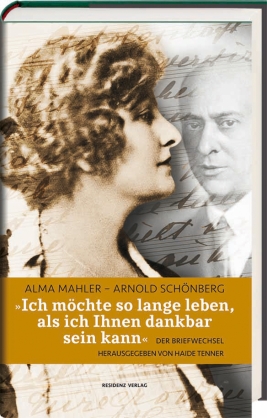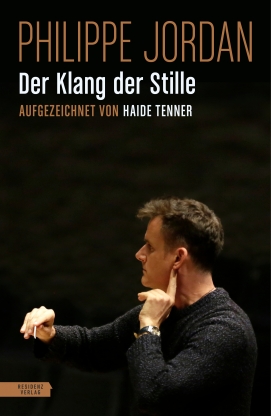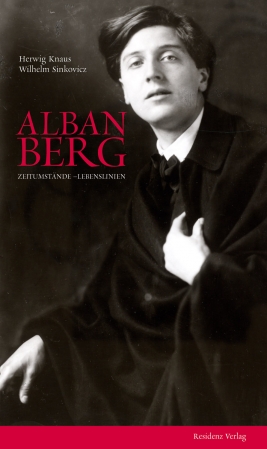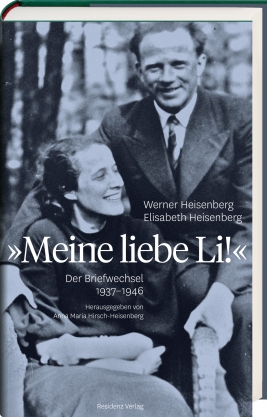
Haide Tenner (Edited by) - I would like to live as long as I can be grateful to you
Alma Mahler - Arnold Schönberg. The correspondence
The moving testimony of an exceptional relationship.
Alma Mahler-Werfel was the epitome of a creative muse and a tantalizing femme fatale. She was married to composer Gustav Mahler, architect Walter Gropius, writer Franz Werfel and the lover of painter Oskar Kokoschka, while her seductiveness also gained her influence far into the spheres of church and politics. Her correspondence with Arnold Schönberg, however, shows a new side of her strong personality. It is now available for the first time. Haide Tenner compiled a selection of letters from the more than 40 years of this special relationship. They show Alma Mahler the sponsor, patron and fighter for the ones she believed in, and they tell the story of a sometimes problematic friendship, of wounded pride on both parts, of loneliness and mutual appreciation in their shared exile. An insightful testimony, the impressive legacy of a friendship spanning half a century.
Book details
with numerous illustrations304 pages
format:140 x 220
ISBN: 9783701732654
Release date: 18.09.2012
License rights
- Italy








